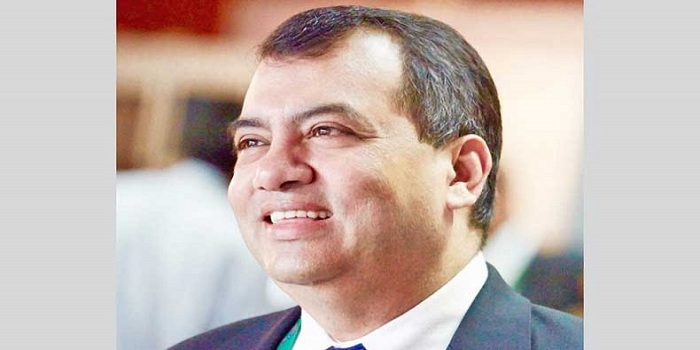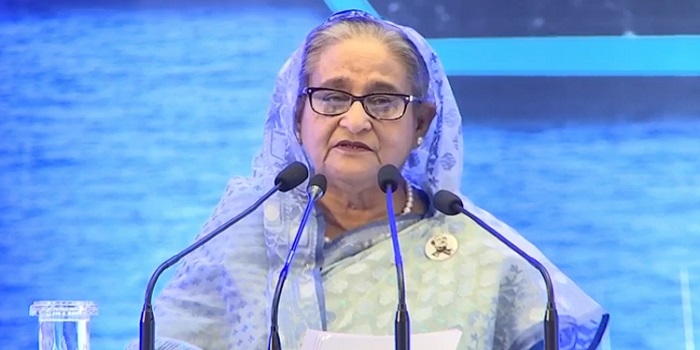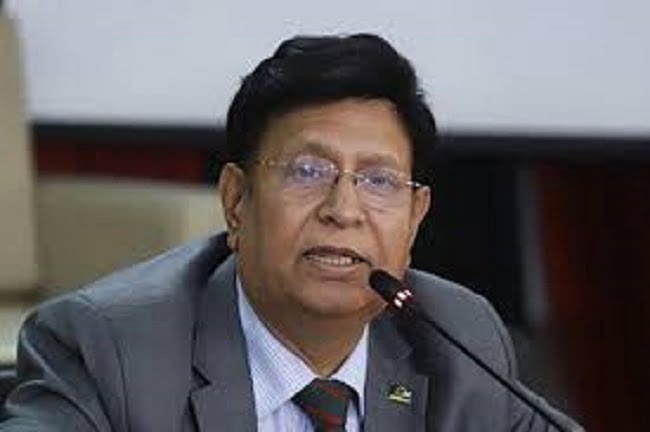IMF forecasts Zimbabwe’s growth projection to 0.8pc for 2020

The International Monetary Fund (IMF) has projected a 0.8 per cent growth for Zimbabwe’s economy 2020, much lower than a 3.0 per cent forecast by the Zimbabwe government.
In a statement, the IMF on Wednesday said that its Staff Monitored Program with the economically troubled country had gone off track due to mixed policy implementation.
“The government that came to office following the 2018 elections adopted an agenda focused on macro stabilisation and reforms. This was supported by a Staff Monitored Program from the IMF, adopted in May 2019, but is now off-track as policy implementation has been mixed,” the IMF said.
It observed that despite notable fiscal reforms including introduction of the new domestic currency and the creation of an inter-bank foreign exchange market last year, uneven implementation of reforms, notably delays and missteps in the foreign exchange market and monetary reforms had failed to restore confidence in the new currency, reports Xinhua.
Zimbabwe re-introduced the Zimbabwe dollar in June last year after abandoning the multiple currency regime that had been in place since 2009.
However, since then, the Zimbabwe dollar has considerably lost value as it is currently trading at around 17 to 1 US dollar.
The IMF noted that Zimbabwe’s re-engagement with the international community continues to face delays while the government is yet to define modalities and financing to clear its more than 1 billion US dollars arrears to the World Bank and other multilateral institutions.
“This continues to constrain Zimbabwe’s access to external official support,” the IMF said.
It urged Zimbabwean authorities to make a concerted effort to ensure economic and social stability through the adoption of coordinated fiscal, monetary and foreign exchange policies, alongside with efforts to address food insecurity and serious governance challenges.
Zimbabwe is facing severe economic challenges marked by shortages of foreign currency, fuel, electricity, food, low reserves, high inflation, limited credibility and a lack of access to traditional forms of external financing.
The economic challenges have been worsened by a humanitarian crisis following a drought and Cyclone Idai in 2019 that have left 7.7 million people — at least half the country’s population — in need of food aid.








